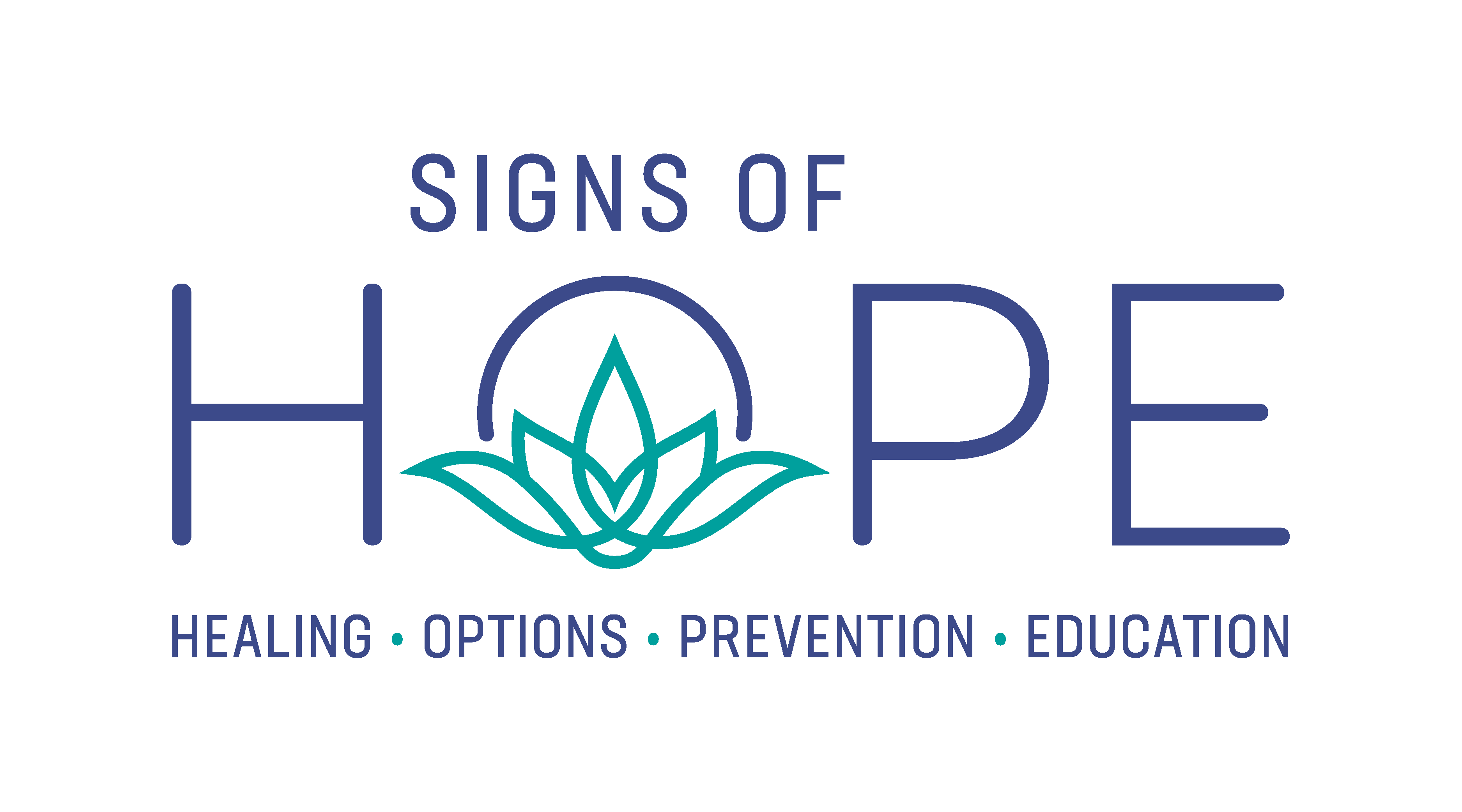The epidemic of violence against Indigenous women reaches back beyond the beginnings of the United States as a nation. We now recognize how sexual violence has been deployed against Indigenous communities as a tactic of genocide. In recent history, we’ve made small moves to begin addressing this violence – like increasing protections for Indigenous women in the Violence Against Women Act.
Now, following tireless activism by Indigenous communities, the federal government is taking significant action to address these issues.
In October 2020, two bills seeking to address violence against Indigenous women were signed into law: Savanna’s Act and the Not Invisible Act.
Savanna’s Act, co-sponsored by 29 law makers including both Catherine Cortez-Masto and Jacky Rosen, issued a mandate to the Department of Justice to overhaul law enforcement protocols regarding missing and murdered Indigenous persons. The law addresses the historical lack of any centralized system or strategy to track and respond to these cases. The DOJ is required to train law enforcement agencies on including victims’ tribal enrollment in the National Missing and Unidentified Persons System, to implement an education campaign to inform the public about the system, and to conduct outreach directly to tribes and tribal organizations about their ability to enter information through the system.
Savanna’s Act also mandates a coordinated approach to responding to and reporting on these cases. The DOJ will be required to develop “regionally appropriate” guidelines for responding to cases, and to train both tribes and law enforcement agencies on those guidelines. Tribes have the ability to submit their own guidelines for responding to cases, and all federal law enforcement is required to incorporate the guidelines developed by the DOJ. The DOJ will also now be required to report statistics on missing and murdered Indigenous persons, and the FBI will be required to include gender in it’s annual reporting on missing and unidentified persons. Finally, Savanna’s Act authorizes the Department of Justice to provide grants to support the development and implementation of guidelines and the compiling and reporting of annual data.
The Not Invisible Act, also co-sponsored by Cortez-Masto and Rosen as well as Deb Haaland, is aimed at coordinating efforts to reduce violent crime against Indigenous people overall. The act requires the Department of the Interior to designate an official within the Bureau of Indian Affairs to coordinate prevention efforts, grants, and programs related to this issue. It also requires the DOI and DOJ to form a joint commission to create recommendations for combating violent crime against Indigenous persons including murder and human trafficking.
Most significantly, this places the implementation of the Not Invisible Act in the hands of an Indigenous woman: Secretary of the Interior Deb Haaland, member of the Pueblo of Laguna and 35th generation New Mexican. Since being confirmed on March 15th of this year, Haaland has moved quickly on that implementation. In April she established the Missing and Murdered Unit within the BIA Office of Justice Services. Building on the work of Operation Lady Justice, created in 2019 to pursue outstanding cases, the MMU will be responsible for coordinating various agencies and creating infrastructure to effectively address both open and unresolved investigations of missing and murdered Indigenous persons. In August, the DOI and DOJ announced a call for nominations for members of the joint commission.
It will take time to discover whether these policy changes and actions will have a significant impact on the issue of missing and murdered Indigenous women. The fact that, for the first time in our nation’s history, the implementation of these plans is in the hands of an Indigenous woman, may make all the difference.


